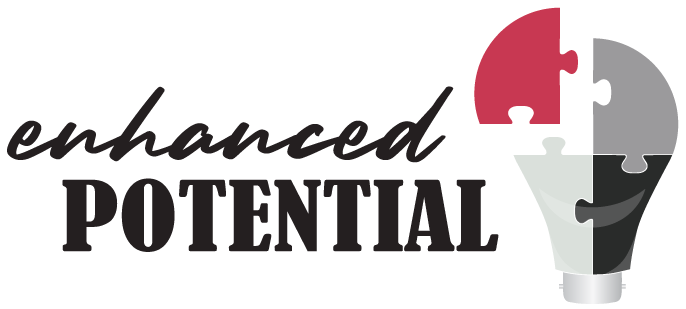Why Mid-Career Women Can’t Afford to Opt out of AI
If “AI” still feels like buzzword territory—something for tech teams or futurists—let’s pause. By not stepping into the world of generative AI, you’re risking far more than missing a few efficiency tricks. You’re allowing stereotypes to stick, you’re ceding productivity gains, and you’re enabling AI systems to continue reflecting a masculine worldview—unbalanced, biased, and exclusionary.
This blog is about why your active engagement with AI matters, not only for your career but for women everywhere.
1. Falling Behind Reinforces Gender Stereotypes
There’s a growing body of research showing women adopt generative AI tools at a lower rate than men. In fact, Deloitte’s 2025 Digital Consumer Trends report revealed that women are 20–25% less likely to use generative AI at work than men. Harvard Kennedy School research spanning 140,000 professionals globally echoes this, warning that when women don’t engage with AI, systems are trained on data that “inadequately sample women’s preferences and needs.”
If women don’t participate, outdated assumptions resurface: women as “less technical,” “less strategic,” or “less innovative.” Those stereotypes become self-fulfilling—not because they’re true, but because we’ve stepped back from the space where innovation is happening.
2. Productivity Gains Are Passing Us By
Generative AI isn’t about becoming a programmer. It’s about reclaiming time.
- Drafting presentations.
- Summarising reports.
- Brainstorming new ideas.
Each task AI accelerates frees you up for higher-value work. Research published in PNAS Nexus(2024) found male researchers boosted their output by 6.4% more than female peers when adopting generative AI. That’s a productivity gap turning into a visibility gap—translating directly into stretch assignments, leadership opportunities, and promotions.
By not using AI, you’re effectively donating extra time and influence to someone else.
3. Generative AI Mirrors What It Sees
Here’s the piece that’s easy to overlook: generative AI reflects the data it’s trained on. If women’s voices, perspectives, and leadership styles aren’t represented in that data—or in everyday use—the outputs lean male by default.
UNESCO’s 2024 study highlighted that generative AI describes women in domestic roles four times more often than men. Visual AI tools often depict women smiling, looking younger, or in submissive postures, while men are shown as neutral, serious, and authoritative. In recruitment simulations, algorithms favoured male candidates for higher-paying jobs, even with equal qualifications.
This isn’t just about fairness. If women don’t use AI, we’re literally missing from the dataset. And the more absent we are, the more AI perpetuates masculine bias, language, and ways of seeing the world.
4. Opting Out Makes Careers More Vulnerable
The International Labour Organization warns that women’s jobs are at greater risk of automation than men’s, particularly in clerical, administrative, and mid-skill roles. AI adoption isn’t an optional add-on—it’s career insurance.
Sitting out AI doesn’t protect you. It increases your vulnerability. On the other hand, women who actively engage with AI position themselves as adaptable, future-focused, and promotable.
5. The Trust Gap Is Real—But It Can Be Closed
Deloitte also found that only 50% of women in Australia trust generative AI, compared to 70% of men. And there are valid reasons for this trust gap: women are disproportionately impacted by online harms like deepfake harassment.
But opting out because of mistrust simply reinforces the divide. What’s needed is confidence, safe learning spaces, and active advocacy to shape how organisations roll out AI ethically. When women use AI, we don’t just benefit individually—we model that it can be a safe, inclusive tool when designed and implemented responsibly.
6. From Confidence Gap to Confidence Gain
Most women I work with don’t lack capability—they lack confidence. AI can feel overwhelming or “not for me.” But remember: people once said the same about email, spreadsheets, and video conferencing.
Confidence comes from small, safe experiments:
Each tiny experiment builds fluency. Each success builds your confidence.
7. Why This Matters for All Women
Every time a mid-career woman engages with AI, two things happen:
Opting out doesn’t just limit your own growth. It sets women back collectively.
Final Thought: AI as a Lever for Change
AI isn’t a silver bullet—but it’s a powerful lever. For mid-career women, it can be career-transforming if leveraged with intention, supported by skill-building, ethical guardrails, structural advocacy, and a culture that places well-being at its core.
You’re not on this journey alone—and your leadership in shaping how AI fits into work matters now more than ever.
I’d love to hear your perspective. Have you tried using AI at work—or are you holding back? Share your thoughts below, and don’t forget to check out the poll.
Your voice matters in shaping what comes next.
Strategy Call 👉 https://bit.ly/4g7sbs1


